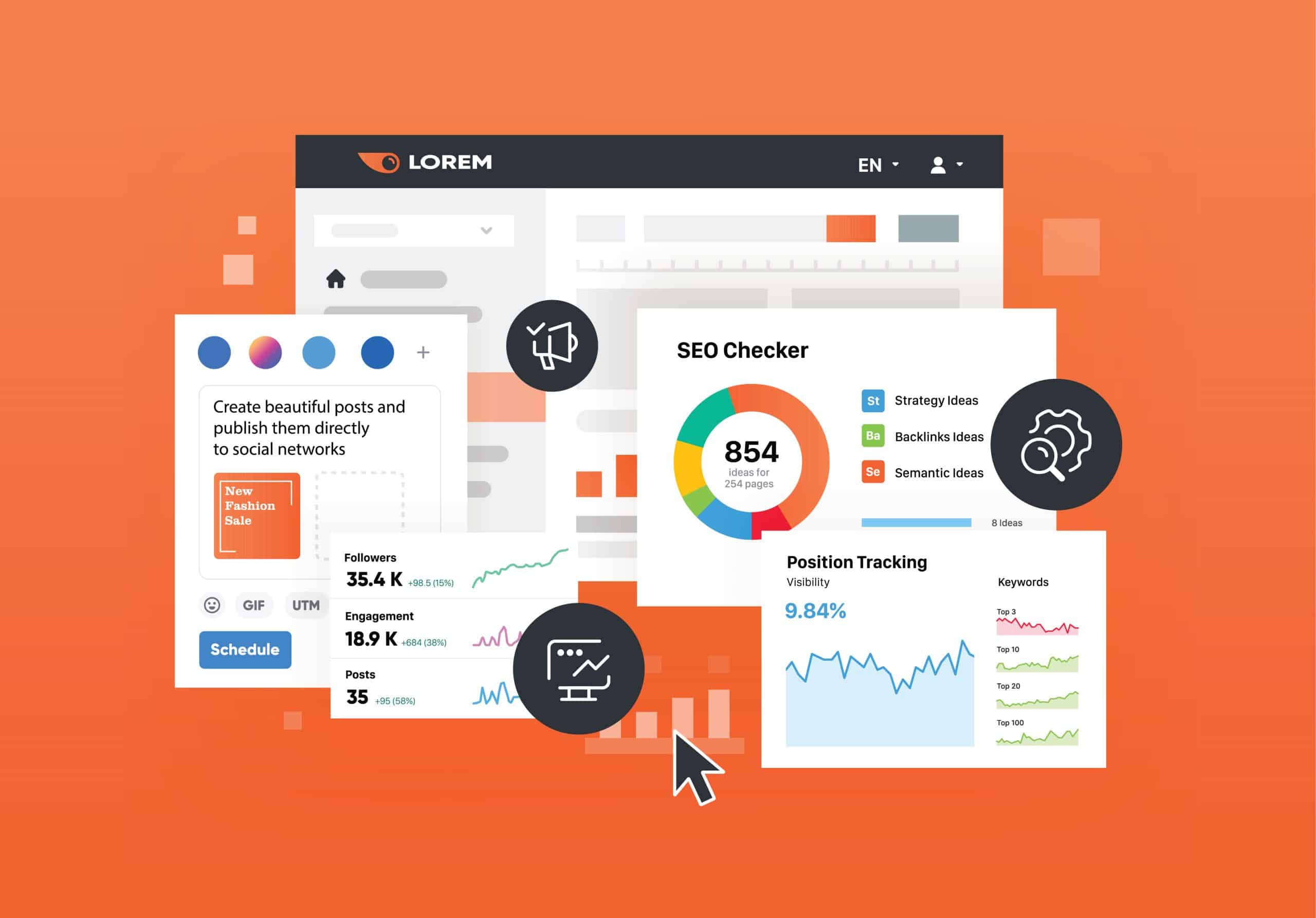As the digital world continues to expand, search engine optimization (SEO) remains one of the most effective ways to promote online visibility and attract more traffic to your website. However, it’s not enough to just optimize your website and sit back and wait. You need to track and measure the performance of your SEO campaigns to determine its success and areas for improvement. In this blog, we’ll discuss the key metrics to track when measuring the success of your SEO campaign. By the end, you’ll have a better understanding of how to analyze your campaigns and make data-driven decisions.
Organic Traffic
Organic traffic refers to the number of visitors who arrive at your website through organic search engine results, rather than through paid advertising. By tracking the growth of your organic traffic, you can identify whether your SEO campaign is successfully increasing your website’s visibility.
One way to measure organic traffic is by monitoring the number of unique visitors that come to your site each month. A higher number of unique visitors indicates that your website is attracting a wider audience and reaching more potential customers.
Keyword Rankings
Keyword rankings are perhaps the most important metric to track when measuring the success of your SEO campaign. By ranking for relevant keywords, your website has a better chance of being found by the people who are searching for your products or services.
Tracking your ranking for specific keywords will help you understand which keywords are performing well and which ones need improvement. You can monitor your keyword rankings by using an SEO tool like SEMrush or Ahrefs.
Conversion Rate
Conversions are the ultimate goal of any SEO campaign. Whether it’s signing up for a newsletter or making a purchase, tracking your conversion rate will give you a better idea of how effective your website is at turning visitors into customers.
By analyzing the data, you can identify which pages are performing well and which ones need tweaking. You can also determine how much traffic is needed to generate a conversion, which can be helpful when planning your SEO strategy.
Bounce Rate
Bounce rate refers to the percentage of visitors who leave your website after viewing only one page. High bounce rates can indicate that visitors are not finding the content they are looking for, or that the website is difficult to navigate.
By monitoring your bounce rate, you can identify areas for improvement and make changes to decrease the percentage of visitors who leave your site after viewing only one page.
Backlinks
Backlinks are links from other websites that lead to your website. Quality backlinks are important indicators of your website’s authority and influence in your industry.
By tracking the growth of your backlinks over time, you can determine the success of your link building efforts. You can also analyze the quality of the backlinks to ensure they are coming from reputable sources and are relevant to your industry.
Measuring the success of your SEO campaign is crucial in making data-driven decisions and improving your website’s performance. By tracking metrics such as organic traffic, keyword rankings, conversion rate, bounce rate, and backlinks, you can identify areas for improvement and make changes to better meet the needs of your target audience.
Remember, tracking your metrics is just the first step. You need to analyze the data and make data-driven decisions to improve your website’s performance and achieve your SEO goals. Happy tracking!

